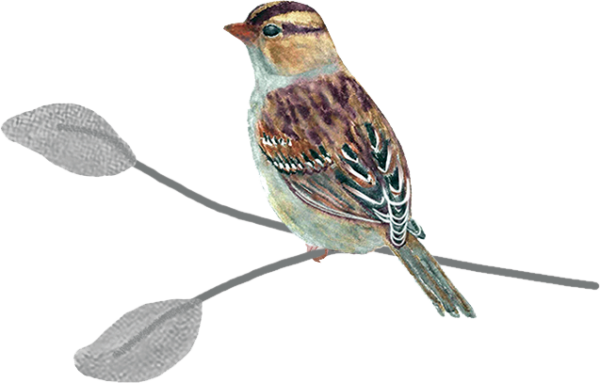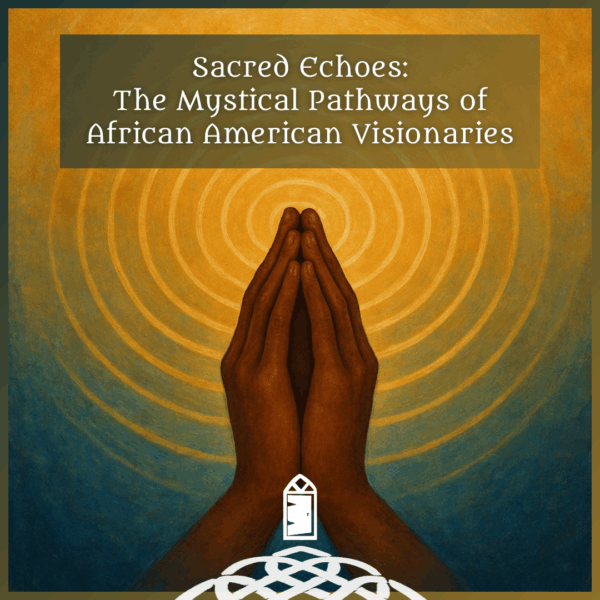
I love Ash Wednesday. We have so few rituals that are quite so earthy. Everyone is welcome to come and receive those ashes on the forehead, that reminder that we are from dust and to dust we shall return. It doesn’t strike me as morbid in the least, but a compelling reminder of the preciousness of our days.
In the Christian liturgical calendar Ash Wednesday marks the beginning of the forty days of Lent, that season we so often associate with giving things up. Last year I shared a reflection I gave at my church the year prior suggesting the need for lament as part of a Lenten practice. I still believe strongly in the need to cry out against injustice, especially when a war continues to rage on in our names. One of my favorite theologians is Walter Brueggemann, and in his book The Prophetic Imagination he writes compellingly about the imperative to let out the cry stuck in our throats. Two other powerful books are Lament for a Son
by Nicholas Wolterstorff about the death of his son and A Sacred Sorrow: Reaching Out to God in The Lost Language of Lament
by Michael Card.
In reading from The Garden of Hollows this morning, Jan Richardson writes “The season challenges us to think of our own lives as vessels, to contemplate the cracks, to run our fingers over the worn places, to ponder whether we are feeling full or empty, to question what we open ourselves to. It beckons us to ponder what we have shaped–or bent–our lives around, whether the shape of the container of our life offers freedom or confinement, and whether it open us to the possibility of new life to which the empty tomb points.”
My commitment this season is the simple one of the gift of time to be. Although it isn’t as simple as it sounds. I sit with my agenda on this dark, grey morning and look at at the long list of things to do and the number of days in which to get them done. And then I intentionally cross some of those days off. I mark them as days apart, sacred containers I shape my life around, in which I trust in the renewing power of rest and the possibilities revealed when I surrender my ego to a greater rhythm of work and release.
Lent is often associated with fasting, because fasting from things can help us to get in touch with where our attachments have become confining. The spiritual journey is a movement toward freedom, and the purpose of fasting is to take a step toward that freedom. I am going to fast from busyness at least one day each week, and in the process I loosen my grip on the illusion that I am somehow indispensable. I free myself of the cage I lock myself into when I believe my work is too important to step away from. In the process it means some of my work may just have to be good enough, but it is a stance of resistance against my inner perfectionist who would have me work until everything is just right.
This is precisely why I am an Oblate, committing myself to the Benedictine path in my everyday life. Monastic wisdom teaches me of the seasons of each day, otherwise every moment of overwork begins to look the same. It invites me into a life-giving balance between work and play, both necessary for the joy and freedom of my spirit. It roots me in an ancient tradition and rhythm breathed into for centuries of work and rest, of praise and sorrow, of being and doing.
If you’re still looking for some books specifically for Lent, you might want to check out the Abbey Bookshelf: Pre-Lenten Edition from two week’s ago with several reading suggestions. And if you have any additions, leave them in the comments and I’ll add them to the list.




7 Responses
Thanks Elaine for the very sweet and supportive words, I am grateful!
Thank you for the wisdom in the previous and this post. I am still struggling with how to make this Lenten season meaningful. There are things I know I should give up and others I should add to create more balance in my life.
Your post also reminds me to thank you for your generosity in creating and nurturing this beautiful blog. Please do BE as long and often as you need.
thanks eileen. :-)
BE, my friend … be.
thanks yolanda and rachel!
Love your heart images over these last two posts (and of course your words…). Thank you.
As always you lead me to search deeper.The thought of being an oblate appeals to me. I may consider this.